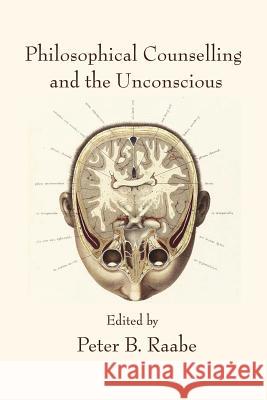Philosophical Counselling and the Unconscious » książka
Philosophical Counselling and the Unconscious
ISBN-13: 9780971367128 / Angielski / Miękka / 2006 / 299 str.
This book addresses the topic of the unconscious from three different perspectives: philosophy, clinical psychology, and personal mental health. It is therefore relevant to a variety of individuals, such as students and philosophers studying philosophy of psychology and philosophy of mind, and students and practitioners in the field of mental health for whom the formal definition and description of the unconscious has undergone radical changes. In addition, it is informative and helpful in a practical way to individuals for whom a consideration of the unconscious has played a role in dealing with their own mental health. As the title suggests, this book is also meant as a resource for practitioners in the field of philosophical counselling. Philosophical counselling consists of a trained philosopher helping an individual deal with a personal problem or an issue that is of concern to that individual. The topic of the unconscious has been largely ignored in the philosophical counselling literature because the unconscious has been so strongly associated with psychology. But philosophical counsellors often find themselves seeing individuals who have previously undergone some form of psychotherapy. This means that not only must the philosophical counsellor be prepared to offer the client a perspective on personal problems that is removed from the psychotherapeutic medical model of distress as 'mental illness, ' but the counsellor must also be able to offer assistance free from the influence of the popular misconception that the unconscious is a controlling but ultimately incomprehensible entity buried deep within the mind. The chapters in this book are intended to help the philosophical counsellor achieve those ends.











